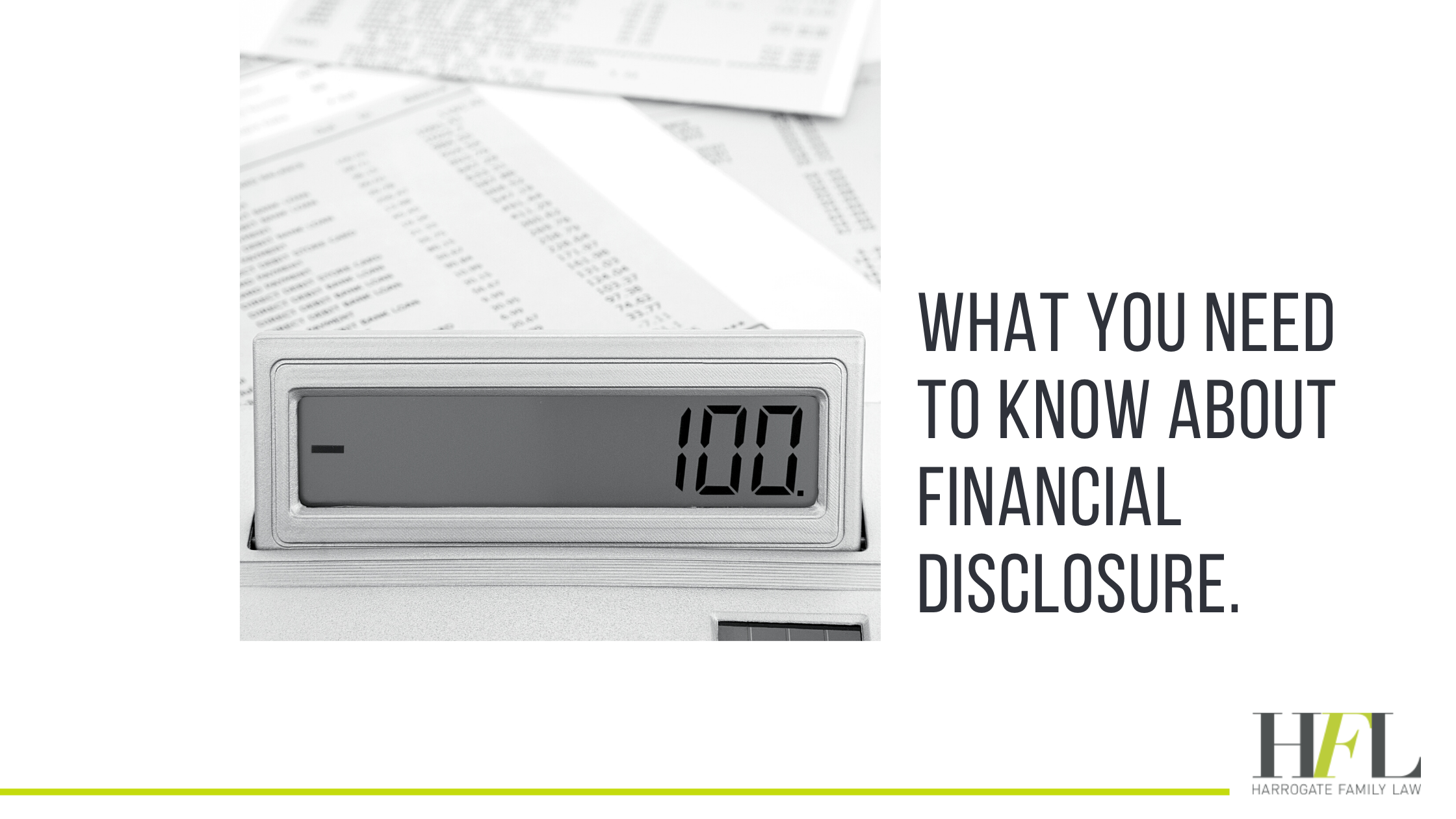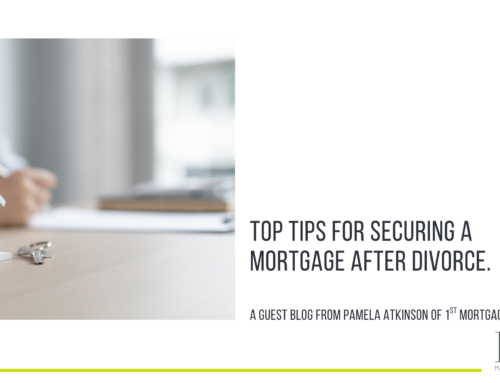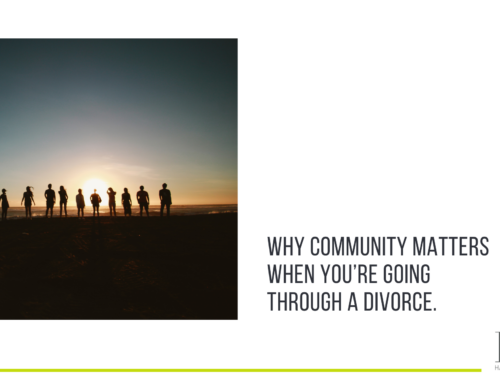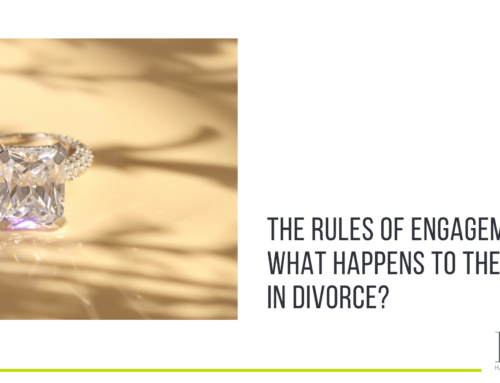When it comes to a divorce, financial disclosure is a really important part of ensuring a fair and amicable split. In this week’s blog, we’re breaking down some of the important things you need to know about financial disclosure. What it is, how to get it right, and why it’s important.
What is financial disclosure?
If you’re currently going through a divorce, or simply exploring your options, you’ve probably come across the term ‘financial disclosure’. Put simply, financial disclosure is the process whereby spouses share the details of their financial circumstances, in order to agree a settlement that’s fair.
Financial disclosure relies upon each spouse being entirely open about all aspects of their finances: namely, income, property, other capital assets, pensions and any changes which are reasonably foreseeable.
What does financial disclosure include?
In a nutshell, financial disclosure includes, well, everything. The obvious things are:
- All sources of current income (earnings and benefits for example).
- An estimation of foreseeable future expenditure (e.g. mortgage or rent payments, costs of running a home and expenses for you and any children).
- Current assets and liabilities. An asset could include a property, for example, while a liability could include credit card debt, or car finance.
- Any savings, investments or shares.
In the interests of complete transparency, financial disclosure requires tangible evidence of all available financial information. No stone is left unturned. Whether that’s how much of a deposit you will need to buy a suitable house with your mortgage capacity or getting the information to make sure you understand the true value of any pension assets and what a fair division looks like.
What is a Form E and what do you use it for?
A Form E is a legal document. You’ll need to sign the Form E to confirm you have given a full picture of your financial and personal circumstances. Form E is also regularly used by separating couples outside of the Court process to assist them with reaching a financial agreement. It’s a great tool to help get all of the information required, together in one place. It’s purpose is to enable you to make fully informed decisions about the terms of a financial settlement.
Sometimes, financial disclosure is voluntary, meaning that you and your spouse have agreed to a truthful exchange of information whether that be between yourselves, via Solicitors, or at Mediation. In other scenarios, financial disclosure is ordered by the court. Either way, a date will be agreed for the exchange of the Form E’s, meaning that the discussions and negotiations can begin.
You can choose whichever option works best for you. But it’s important that you don’t present the information in your Form E in a way that is going to harm your negotiation position. For example, sometimes the higher earning spouse provides a high estimate of their future expenditure which opens the door to their spouse arguing that their needs are at the same level and that they need maintenance. We recommend getting a solicitor to give your disclosure the once over before giving it to your spouse directly or at mediation.
Which documents do you need for financial disclosure?
This question is a little bit like asking ‘how long is a piece of string?’
However, here’s a list of the most common documents you’ll need to include in your financial disclosure – remember this is by no means an exhaustive list!
- 3 free appraisals of any property from local estate agents.
- Bank accounts and savings accounts. It’s usual to provide up to 12 months worth of statements.
- Mortgage redemption statement. This can be requested from your mortgage provider.
- Proof of any shares and investments.
- Car lease agreements.
- Endowments or Insurance policies.
- Pension information.
- Evidence of any liabilities, such as credit card statements, or personal loans.
- Your P60, last 3 pay slips, and tax returns if you complete them.
What happens if you hide your assets in your financial disclosure?
Hiding your assets can cause big problems. If it’s proven in court that you or your spouse has hidden assets, then you can be seen to have committed contempt of court and possibly even fraud.
That can cause the court to do a number of things, from going through the whole process again, to fining or imprisoning you. Bottom line? Be honest from the get-go, anything else simply isn’t worth it.
Ready to take the next step?
If you’ve got questions about financial disclosure, then rest assured – you’re not alone. It can be a daunting exercise, which is why having the right legal team in your corner is absolutely vital. You’ll find that team at Harrogate Family Law. Contact us now to see how we can help.






